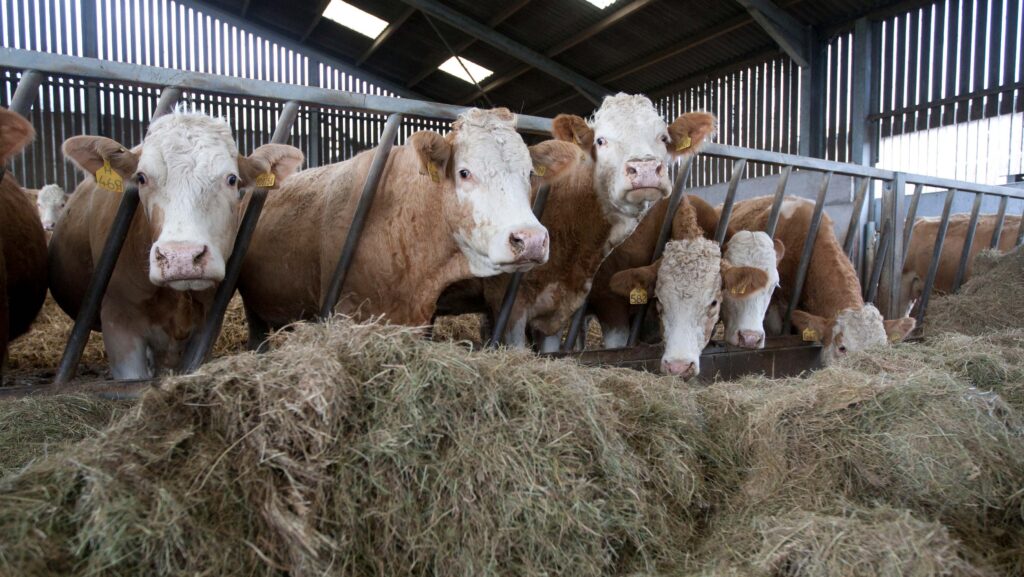Bovine TB report shows progress made in England
 © Tim Scrivener
© Tim Scrivener An area comparable in size to Herefordshire has been cleared of endemic bovine tuberculosis (TB) infection in England, according to Defra’s 2023 Bovine TB Epidemiology Report.
Published in November, the report (PDF) marks a major milestone in the fight against TB, showcasing a net retraction of over 2,000sq km of endemic infection zones between 2022-23.
The report also reveals a 17% drop in new TB herd incidents, with 2,461 recorded in 2023, the lowest number in two decades.
See also: Bovine TB eradication my top priority, says Zeichner
TB herd incidence, which measures the rate of new cases per 1,000 herds tested, dropped to 7.3 – the lowest level since 2007.
Average monthly TB herd prevalence also fell by 12% compared to the previous year, even amid a slight decrease in active cattle herds.
While the High Risk Area (HRA) and sections of the Edge Area remain disease “hotspots”, the report highlights significant progress in reducing the footprint of endemic Mycobacterium bovis infection in these zones.
This success is attributed to enhanced biosecurity measures, rigorous testing, and targeted interventions.
The report also notes the government’s shift from badger culling to vaccination as part of its TB eradication strategy.
No new intensive culling licences were issued in 2023, aligning with the transition to vaccination.
However, 29 areas continued culling under existing licenses, and 29 others conducted supplementary badger control after completing four annual culling cycles.
Badger vaccination efforts expanded, with programs implemented in 19 counties, spanning the HRA, Edge, and Low Risk areas.
This approach seeks to curb disease transmission from wildlife to cattle while balancing environmental and ethical considerations.
With the lowest herd incidence and prevalence levels in years, the report highlights the effectiveness of current policies while reinforcing the need for sustained efforts.
England’s TB eradication strategy aims for official TB-free status by 2038, and farm leaders say this progress represents a promising step towards achieving that goal.
Reaction
The British Cattle Veterinary Association (BCVA) told Farmers Weekly it was really pleased to see the continuous decline in bovine TB in England.
BCVA Board director Ed Simmons said: “Bovine TB continues to impact farmers (and vets) daily and is one of the biggest challenges on our livestock industry.
“However, these statistics show there is light at the end of the tunnel and policies developed by Defra but delivered by vets and farmers on the ground are being successful.”
But Mr Simmons cautioned that what happens next on government policy will be crucial if the industry is to “bank the benefit of the hard work put in so far”.
NFU president Tom Bradshaw said: “This report shows what progress can be made when the science and evidence is followed, with wildlife control being a critical element, and it’s good to see recognition that farmers have been a key part of this.
“But there is still a way to go and other disease control methods such as responsible cattle movements and wildlife control remain key parts of an effective TB eradication strategy.
“We now need the government to outline next steps and how it plans to build on this work.”
